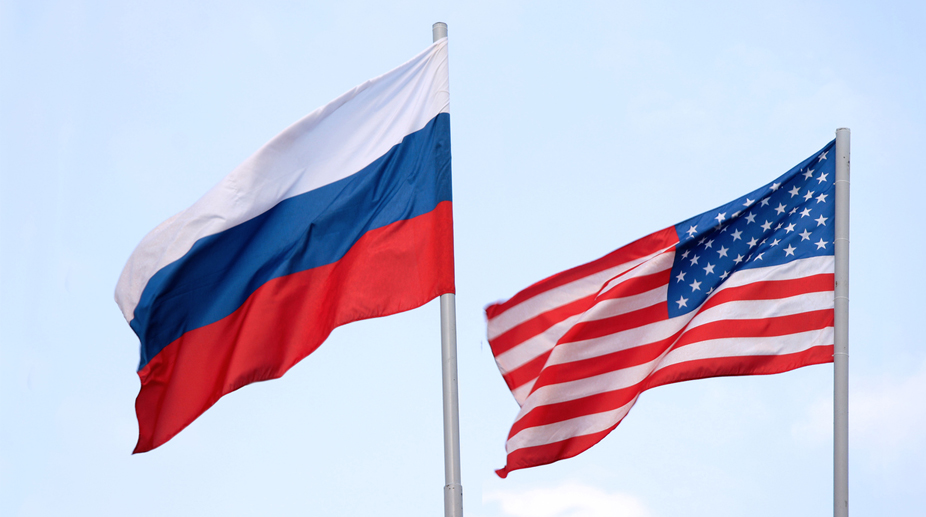The high-level talks between the United States and Russia in Riyadh marked a significant step in efforts to end the war in Ukraine. While Ukraine was not present at the meeting, US officials, including Secretary of State Marco Rubio, have assured that Kyiv and Europe will be part of the process moving forward.
The key question now is whether the negotiations will lead to a lasting and just resolution that respects Ukraine’s sovereignty. Following the talks, Russian Foreign Minister Sergei Lavrov reiterated Moscow’s firm stance, emphasising that Nato must not only keep Ukraine out but also formally revoke its 2008 pledge that Kyiv would one day join the alliance. He also made clear that Russia would not accept any military presence of Nato countries in Ukraine, even under “another flag” ~ of a peacekeeping mission. This signals that Moscow will continue to push for concessions that reshape the region’s security architecture in its fav – our. For Ukraine, the negotiations ahead will test both its resilience and the strength of its alliances. President Volo dymyr Zelenskky has consistently maintained that Nato membership remains the best security guarantee for Kyiv.
Advertisement
However, with Washington and Moscow focusing on territorial discussions and long-term security arrangements, Ukraine will need to ensure that its core interests are not compromised. The challenge will be to bal ance diplomatic flexibility with firm red lines ~ ensuring that any settlement strengthens, rather than weakens, Ukraine’s sovereignty and independence. On the US side, National Security Advisor Mike Waltz acknowledged that discussions in the coming weeks will involve issues of territory and security guarantees. While Washington has not explicitly ruled out Ukraine reclaiming occupied land, the focus on territorial negotiations suggests that compromises may be on the table. This pragmatic approach could facilitate progress in talks, but it also raises concerns about how any agreement might be perceived ~ especially if it appears to reward Russia’s invasion. A key outcome of the talks was the decision of both sides to appoint high-level teams to continue working on a framework for ending the war.
Mr Rubio emphasised that any final agreement must be acceptable to all parties, including Ukraine. While fears remain about Kyiv being sidelined, the US has signaled that Ukraine will be directly involved in the critical phases of negotiation. Looking ahead, European involvement will be crucial. With the European Union imposing its own sanctions on Russia and considering future security measures in the region, its role in shaping the peace process cannot be ignored. Meanwhile, Russia’s push for broader concessions suggests that the path to a deal will not be straightforward. Ultimately, peace must be both sustainable and just. The diplomatic process is now gaining momentum, but the challenge remains to ensure that Ukraine’s sovereignty and security are not undermined in the pursuit of an agreement. The coming weeks will be decisive in determining whether these negotiations can lead to a resolution that is not only practical but also principled.
